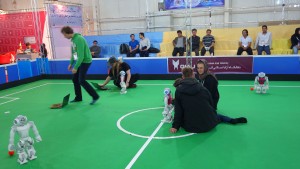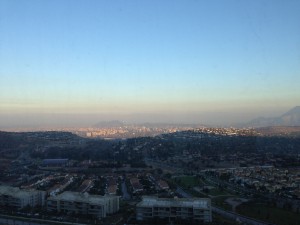
HDS Lab Director Cecilia Aragon and Lab Member Daniel Perry co-authored a paper along with Marco Pritoni, Alan K. Meier, and Therese Peffer that was recently published in the journal, Energy Research & Social Science and covered in The Washington Post.
The study, “Energy efficiency and the misuse of programmable thermostats: The effectiveness of crowdsourcing for understanding household behavior,” recruited participants from the crowdsourcing service Mechanical Turk. These participants self-reported thermostat usage and took pictures of their programmable thermostats. The researchers found that misunderstanding and misuse of programmable thermostats was widespread, undermining their potential to contribute to energy efficiency and cost savings.
The research also revealed flaws in self-reported survey data, which raises questions about the validity of thermostat-related studies that rely solely on traditional surveys. And compared to traditional surveys, this crowdsourcing method allowed the study to be completed rapidly and at low cost.
Citation:
Pritoni, M; Meier, A. K.; Aragon, C.; Perry, D.; Peffer, T. (2015). Energy efficiency and the misuse of programmable thermostats: The effectiveness of crowdsourcing for understanding household behavior. Energy Research & Social Science, 8, 190-197.




